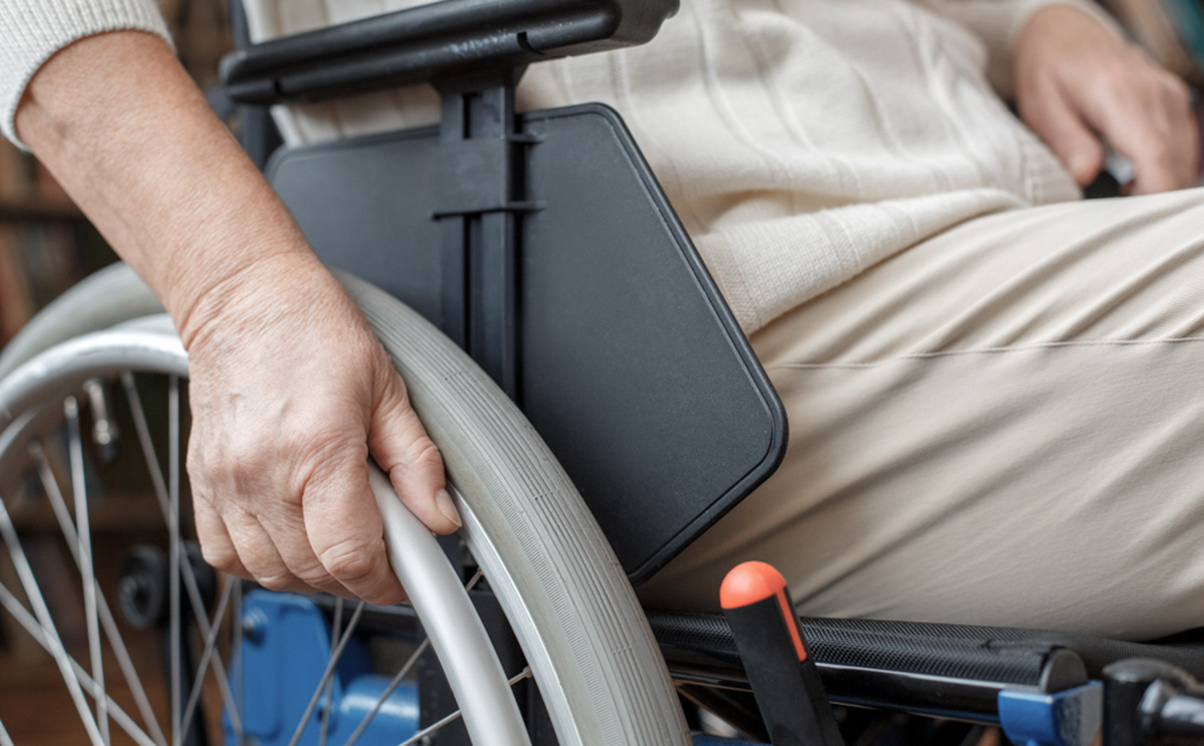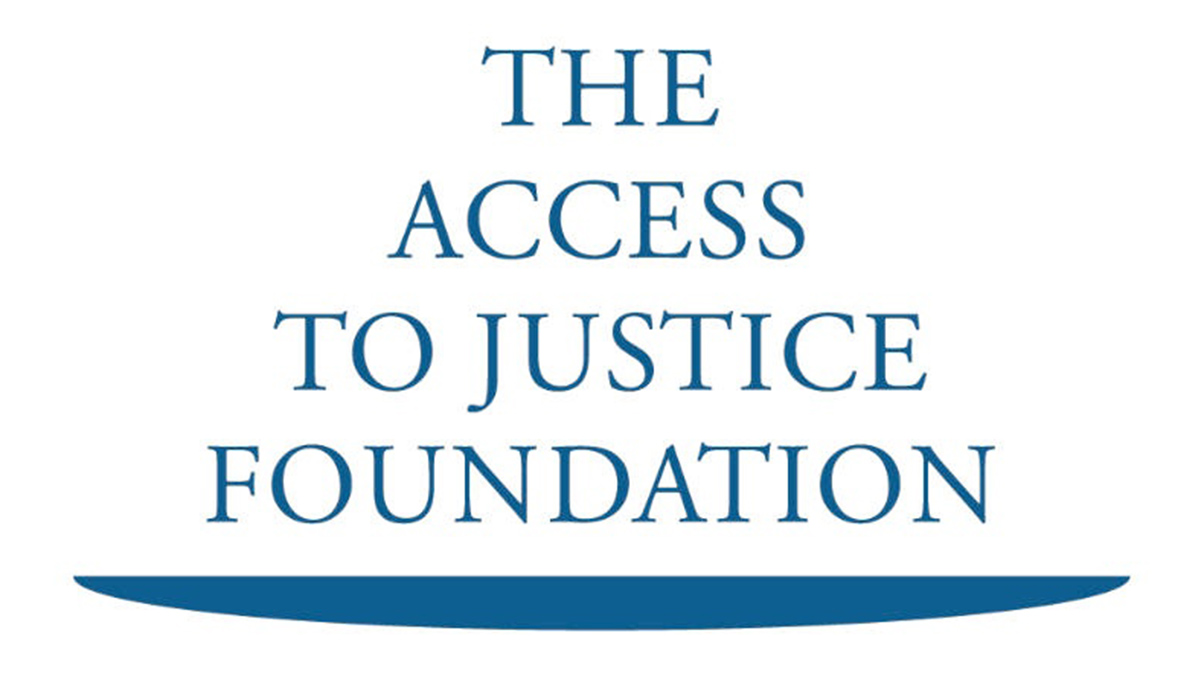This article is correct as on 20 March 2020. We will be keeping clients updated of changes as things progress, but as things are moving so quickly, we advise anyone to check the government website for the current position.
It is now clear that the coronavirus outbreak going is going to have a significant impact on how we all live our lives the foreseeable future. The disruption to health and social care services will be of particular concern to our pro bono clients who were already facing difficult situations prior to the crisis. However, the measures announced by the Government in response should provide some comfort to those worried about employment, housing and finances.
In this article, we look at the measures most relevant to our pro bono clients and offer some advice on how best to deal with the difficult times ahead.
Staying at home
As everyone will now be aware, the Government has requested that people to stay at home for 7 days if they have a high temperature or a new and continuous cough. If anyone in their household has one of these symptoms, people have been asked to stay at home for 14 days.
Employment support and benefits
Sick Pay
Statutory Sick Pay (SSP) is the minimum amount employees must be paid when they have to take time off work due to ill-health. The statutory amount is £94.25 per week. To be entitled to SSP, you must be an employee and you must be earning at least £118 per week.
Due to the staying at home advice outlined above, many people will be unable to go to work. The Government has therefore updated the SSP rules as below.
- Those who follow advice to stay at home and who cannot work as a result will be eligible for SSP, even if they are not themselves sick.
- SSP will be payable from day 1 of staying at home rather than day 4 (as was previously the case).
Many employees will have sick pay entitlements under their employment contract which go above and beyond the minimum requirements set out above. If you do have contractual sick pay entitlements, it depends on the wording of your contract or your employer’s discretion as to whether they will apply the same rules to your sick pay. However, they will still be under an obligation pay you SSP in line with the rules above.
Please note that agency and zero-hour contract workers are entitled to SSP in certain circumstances.
Welfare benefits
If you do not earn enough or you are self-employed, you may not be entitled to SSP. Instead, you can still apply for Contributory Employment & Support Allowance (ESA) or Universal Credit if you are unable to work. The Government has introduced a number of measures in relation to these benefits due to coronavirus.
As general measures, if you are staying at home in accordance with government advice, you can still be eligible for ESA and Universal Credit even if you are not sick. Also, face-to-face assessments will no longer take place for the time being. This includes:
- interviews when claiming for ESA or Universal Credit;
- medical assessments for ESA, Universal Credit or PIP; and
- appointments with your work coach.
Employment Support Allowance (ESA)
You can claim ESA if you are unable to work due to ill-health and you have made enough national insurance contributions for a certain period of time before you claim. It has been announced that ESA will now be paid from day 1 rather than day 8.
Universal Credit
The following measures introduced by the Government mean more people are now entitled to Universal Credit or those already entitled may receive more funding.
- Those who are claiming because they are sick with coronavirus or are staying at home in line with will be treated as having Limited Capacity for Work.
- The Universal Credit standard allowance is being increased by £1,000 per year. The same measure has been introduced for Working Tax Credit (for those still claiming on the pre-Universal Credit system).
- The Minimum Income Floor has been removed. This will mean that self-employed Universal Credit claimants will receive higher payments.
- Universal Credit and access advance payments can be claimed without the usual requirement to attend a Jobcentre in person.
If you are already receiving Universal Credit, your entitlement should automatically adjust depending on your earnings or other income. However, if need money urgently you can apply for an advance through your journal.
The Government has also indicated that it is working with trade unions and employers to develop further employment support to help people in these difficult times. We will provide further updates as and when they arise.
Termination of employment
The Government has announced that many types of business will be required to close for at least 3 months. Employees of these businesses will be very concerned that they may lose their job because of this. To encourage employers to keep staff, the Government has announced that it will pay 80% of an employees wage up to £2,500 per month if the employer retains them. If you are concerned about your employment being terminated, speak to your employer and make sure they are aware of this scheme.
Housing and finances
While sick pay and welfare benefits can go some way to support those facing financial difficulties, concerns will still remain for many of us about meeting expenses and debts. The Government has announced measures which should help to the ease the burden for families somewhat.
In general, creditors are aware that people will be facing more hardship than usual and it is important (as always) to contact them as soon as possible if you are struggling to meet payments. Organisations have been encouraged to show flexibility and many have made statements to this effect.
If you have a mortgage
Mortgage lenders have agreed to allow those facing financial difficulties as a result of coronavirus to have a three-month mortgage holiday. This means that you will not be required to make payments during this time. Interest will still accrue and the capital amount will remain the same. The Government and the banks have also indicated that this will not impact upon your credit rating.
Clearly, a mortgage holiday is only a temporary measure. It will not be appropriate in all circumstances and whether you qualify will depend on your circumstances. For example, it is unlikely that a payment holiday would be available if you were already in arrears.
If you are concerned about meeting mortgage payments, you should contact your lender immediately to discuss your options or check on their website to see if an application can be made online.
If you rent your home
Firstly, if you are living in social housing, housing associations have agreed not to evict those who are struggling to meet rent payments as a result of coronavirus.
If you are renting from a private landlord, the Government has announced that you will also be protected from eviction for a limited time. This means that for a period of three months, a private landlord will not be able evict a tenant if they are unable to meet rent payments due to coronavirus.
Again, if you are struggling with rent payments, it is important to contact your landlord as soon as possible to discuss your options.
Local authorities and continuing care
Our clients will inevitably be affected by the increased pressure on our health and social care system.
The Government has announced that additional funding will be made available to local authorities to deal with those facing increased hardship as a result of coronavirus.
However, please bear in mind that many health and social care workers will be needed elsewhere and some will also be unable to work due to illness. This means that local councils will be prioritising services to make sure the most urgent and serious care needs are met. It is possible that continuing care healthcare assessments may be delayed until after the emergency period.
It is important to note that though that this does not change the duties that local authorities have to assist those most in need.
We are here to help
In these difficult times, the concerns of our pro bono clients are likely to be more stark than those in more fortunate circumstances. The Legal Service will available throughout the crisis to help in any way we can to ease the burden on our clients.
This article was published as part of ‘The Legal Service Newsletter’. The Legal Service is provided by Stewarts’ pro bono team as part of the firm’s commitment to help people with serious injury. The service offers free advice to patients when they need it most.
To make a referral to The Legal Service, please contact Kara Smith by phone on 020 7822 8000 or by email at ksmith@stewartslaw.com.
Subscribe – In order to receive our news straight to your inbox, subscribe here. Our newsletters are sent no more than once a month.
Covid-19 is impacting individuals and companies around the world in an unprecedented way. We have collected insights here to help you navigate the key legal issues you may be facing at this time.
You can find further information regarding our expertise, experience and team on our Personal Injury pages.







